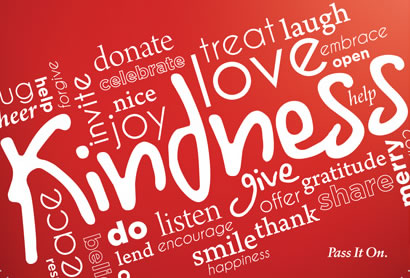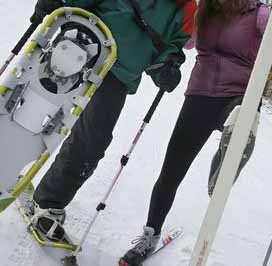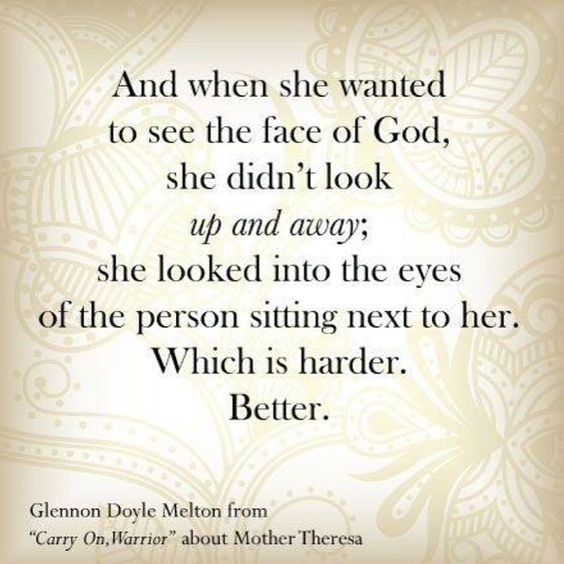GRATITUDE Daily Devotional: Nov 13
Cultivate gratitude each day this month. Day 13: Grateful for Ancestors Scripture: Deuteronomy 32:7 — Remember the days of old; consider the years long past; ask … your elders, and they will tell you. Meditation: Remembering from where we come grounds us in our identity. Our ancestors’ stories help shape who we are today. Some […]



